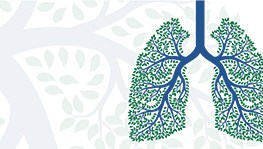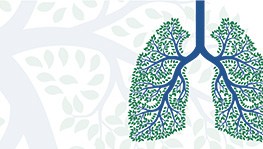

Relative Risk Assessment: Impact of RSV in the Adult Population
Array
Activity Info
This guide helps you communicate effectively about RSV vaccination to older patients by focusing on what to say and how to say it.CME/CE Information is not available for this activity.







 Occurrence and Disease Course of RSV Illness in Adults
Occurrence and Disease Course of RSV Illness in Adults Preventing RSV: What You Say and How You Say It Can Make a Difference!
Preventing RSV: What You Say and How You Say It Can Make a Difference! RSV Vaccination: Talking With Patients About Their Options
RSV Vaccination: Talking With Patients About Their Options